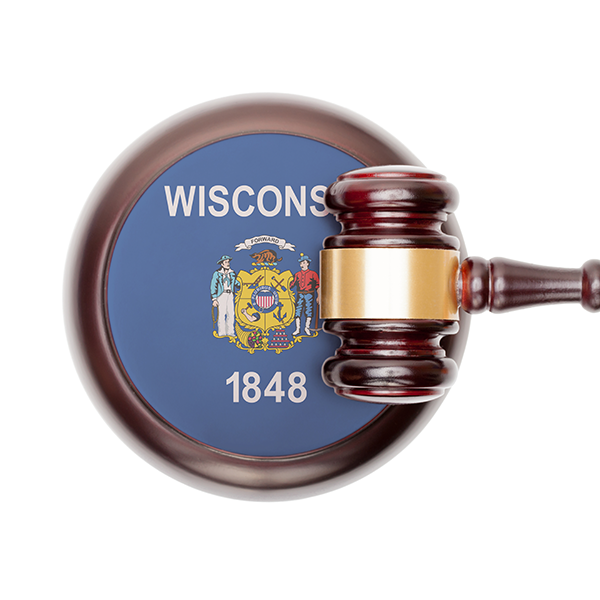Wisconsin bar redefines 'diversity' to settle challenge to clerkship program; both sides claim success

The State Bar of Wisconsin has agreed to redefine “diversity” as it applies to its Diversity Clerkship Program to settle a challenge filed by the Wisconsin Institute for Law & Liberty. (Image from Shutterstock)
The State Bar of Wisconsin has agreed to redefine “diversity” as it applies to its Diversity Clerkship Program to settle a challenge filed by the Wisconsin Institute for Law & Liberty.
Skylar Croy, associate counsel for the Wisconsin Institute for Law & Liberty, called the settlement agreement a “victory” in a press release, while the Wisconsin state bar said in an online article it “successfully defended” its program.
The Wisconsin Institute for Law & Liberty’s federal lawsuit, filed on behalf of Wisconsin lawyer Daniel Suhr, had alleged that the diversity program discriminated based on race.
“But the Diversity Clerkship Program did not, and does not, discriminate based on race,” the Wisconsin state bar article said.
The clerkship program offers paid Wisconsin summer internships at private law firms, corporate legal departments and governmental agencies. It will remain open to all first-year students attending Marquette University Law School or the University of Wisconsin Law School who are in good standing, according to the Wisconsin state bar article.
Under the settlement, the new definition of diversity says: “‘Diversity’ means including people with differing characteristics, beliefs, experiences, interests and viewpoints. Diversity promotes an environment in which all individuals are treated with dignity and respect, regardless of their differences and without regard to stereotypes, and helps to ensure a better understanding and consideration of the needs and viewpoints of others with whom we interact.”
The old definition said: “The term ‘diversity’ has a dynamic meaning that evolves as the demographics in the state change. It is an inclusive concept that encompasses, among other things, race, ethnicity, national origin, religion, gender, gender identity, age, sexual orientation and disability. Inclusion helps to create a culture that embraces people from the widest range of talent and experience and promotes understanding and respect for all people and different points of view in the legal profession.”
The settlement also says the Wisconsin state bar may not “state, suggest or insinuate in its materials that only law students from diverse backgrounds, with backgrounds that have been historically excluded from the legal field or who have been socially disadvantaged are eligible.”
Reuters, Law360 and the Wisconsin Examiner are among the publications that covered the settlement.
The Wisconsin Institute for Law & Liberty had filed the First Amendment suit in the Eastern District of Wisconsin on behalf of Suhr, who objected to the use of his mandatory dues to fund the program. His challenge to the clerkship program will be withdrawn, but he may continue to challenge the use of his dues for activities that he doesn’t consider to be germane to regulating the legal profession or improving legal services.
The challenge to the diversity program had cited Students for Fair Admissions v. President and Fellows of Harvard College, the 2023 U.S. Supreme Court case that struck down race-conscious admissions programs at colleges and universities.
Croy said in the Wisconsin Institute for Law & Liberty’s press release the settlement “is only the beginning of a movement, and our lawsuit will provide a roadmap for future victories in all 50 states.”



